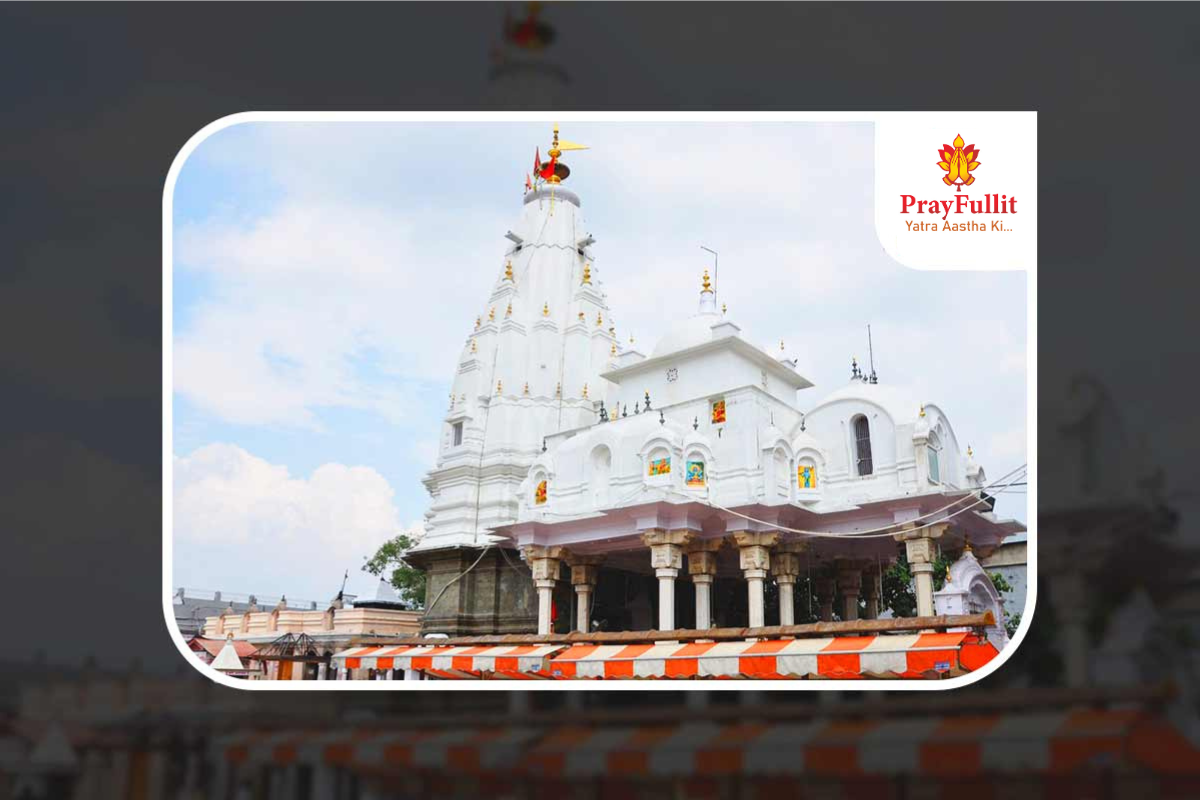
Jwala Devi, also known as Jwala Ji, is one of the most revered and ancient temples in India, dedicated to the Hindu goddess Jwala, a form of the goddess Durga. The temple is located in the Kangra district of Himachal Pradesh, India. It is one of the 51 Shakti Peethas, which are sacred shrines dedicated to the goddess Shakti, the divine feminine power.
Key Features:
Temple Significance:
Shakti Peetha:- The Jwala Devi Temple is one of the 51 Shakti Peethas, where the tongue of the goddess Sati is believed to have fallen. The Shakti Peethas are considered to be powerful centers of divine energy, and devotees believe that visiting these sites grants them protection and blessings.
Eternal Flames:- The most unique feature of the Jwala Devi Temple is the set of nine eternal flames, known as "Jwalas," that burn continuously without any visible source of fuel. These flames represent the nine forms of the goddess and are worshipped by devotees as a manifestation of Jwala Devi’s divine power.
No Idol:- Unlike most Hindu temples, Jwala Devi does not have an idol. Instead, the eternal flames themselves are revered as the goddess. The temple is built over a fissure in the rocks, from which these flames emanate.
Background:
The Jwala Devi Temple marks the spot where the tongue of Sati, the consort of Lord Shiva, fell when her body was dismembered by Lord Vishnu’s Sudarshana Chakra. Sati had immolated herself in protest of the disrespect shown to her husband, Shiva, by her father, King Daksha. The dismembered parts of her body fell at various places, which became the Shakti Peethas.
Mahabharata Connection:- The Pandavas, heroes of the Mahabharata, are said to have visited this temple during their exile and offered prayers to Jwala Devi
Festivals and Rituals:
Navratri:- The most important festival celebrated at Jwala Devi Temple is Navratri, which occurs twice a year, in the spring (Chaitra) and autumn (Ashwin) months. During Navratri, the temple sees a huge influx of devotees who come to seek the blessings of the goddess. The festival is marked by special prayers, rituals, and cultural performances.
Aarti Ceremony:- The aarti (ritual of worship with light) performed at the temple is a major attraction, especially during the evening when the flames are worshipped with songs and offerings. The sight of the eternal flames against the backdrop of the evening sky is considered deeply spiritual.
Historical and Cultural Importance:
Royal Patronage:- The temple has been patronized by various rulers over the centuries. The Mughal emperor Akbar is said to have visited the temple and made an offering, testing the authenticity of the flames. When the flames continued to burn, he donated a golden parasol to the goddess, which later turned into an iron one, as per legend.
Pilgrimage:- Jwala Devi Temple is a significant pilgrimage site, attracting devotees from all over India. It is also part of the wider pilgrimage circuit in Himachal Pradesh, which includes other Shakti Peethas like Chintpurni, Naina Devi, and Brajeshwari Devi.
Jwala Devi Temple is a place where faith and the mystical merge, offering a unique spiritual experience. The temple's eternal flames are seen as a direct manifestation of divine power, making it one of the most fascinating and revered religious sites in India.